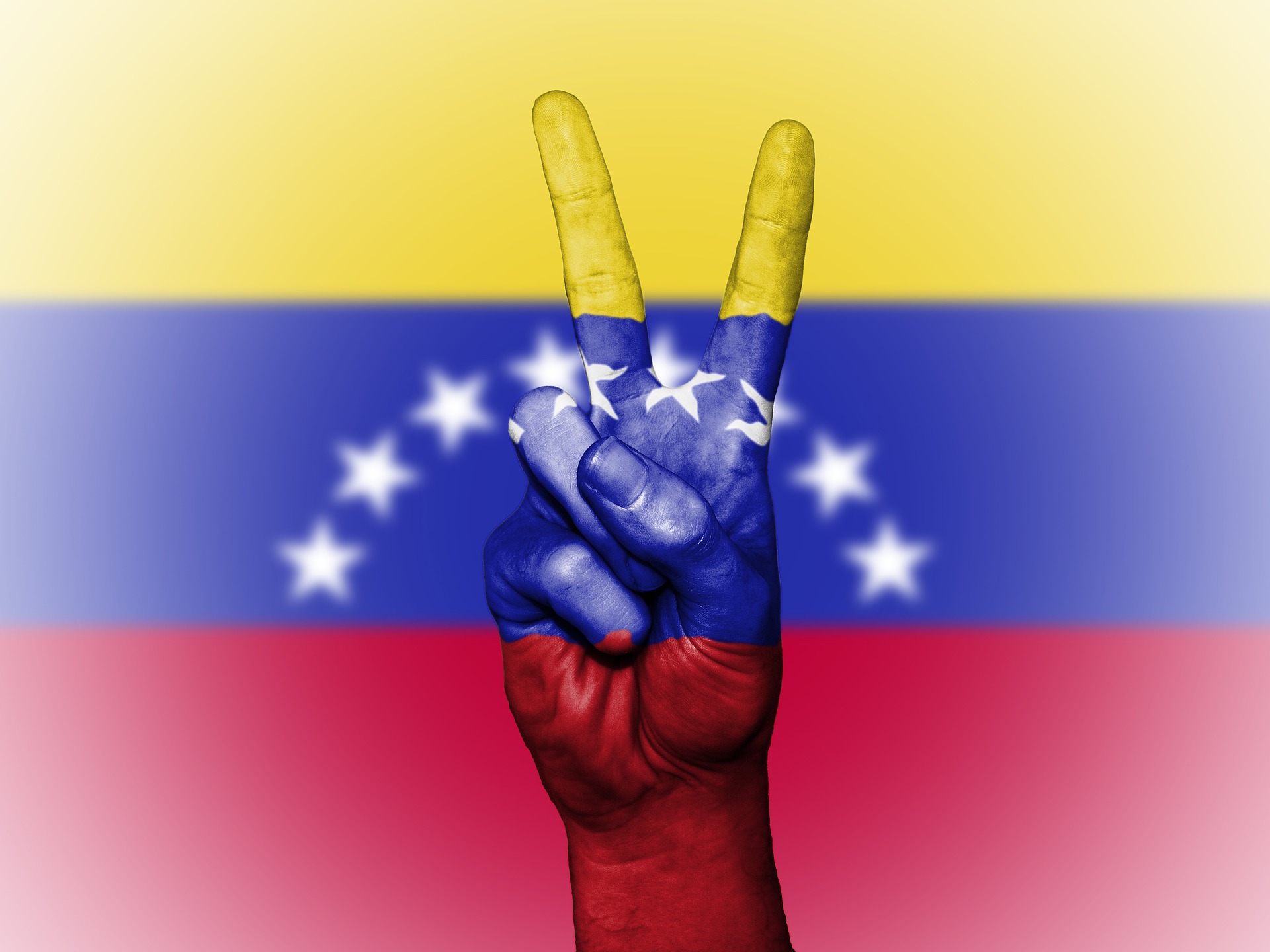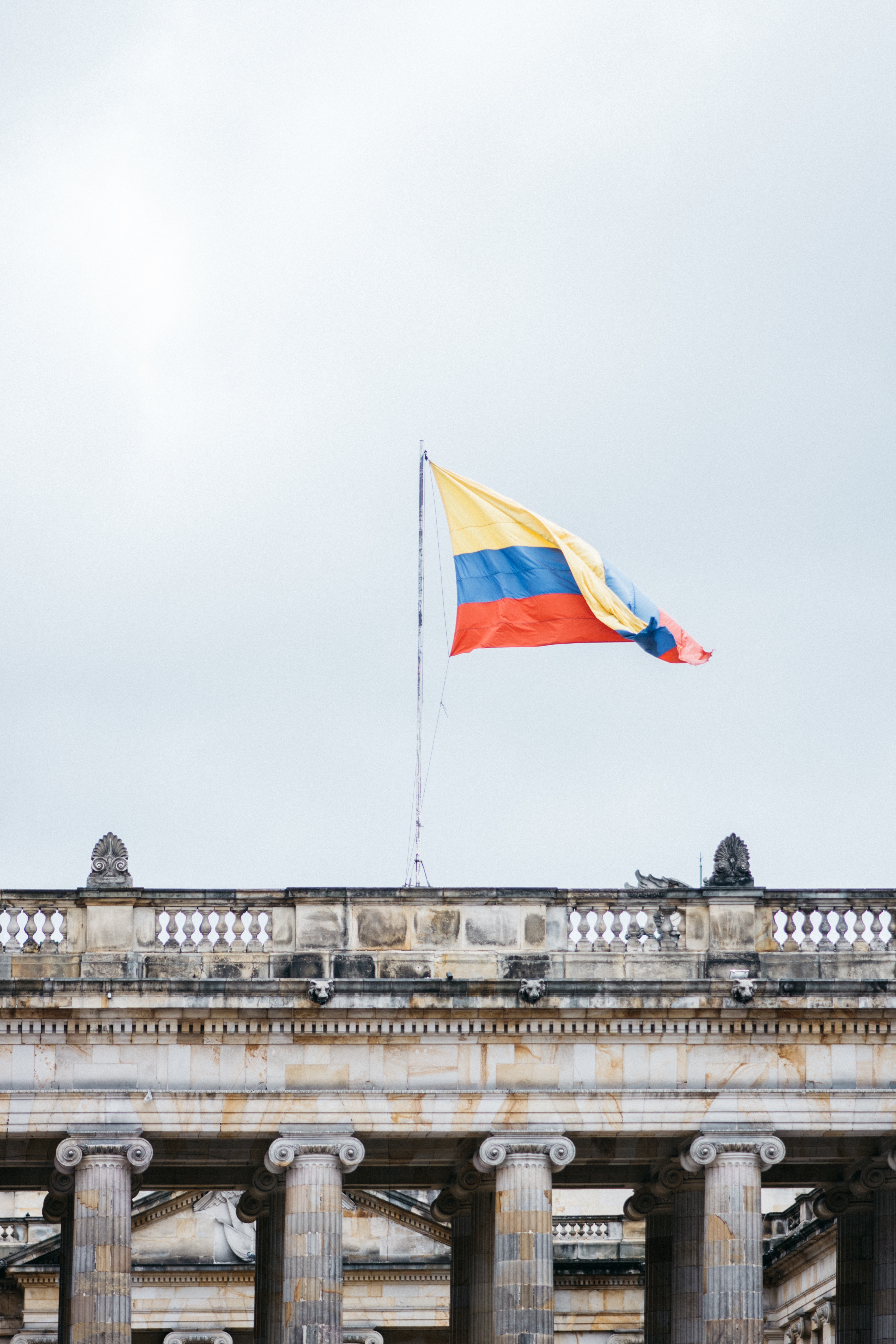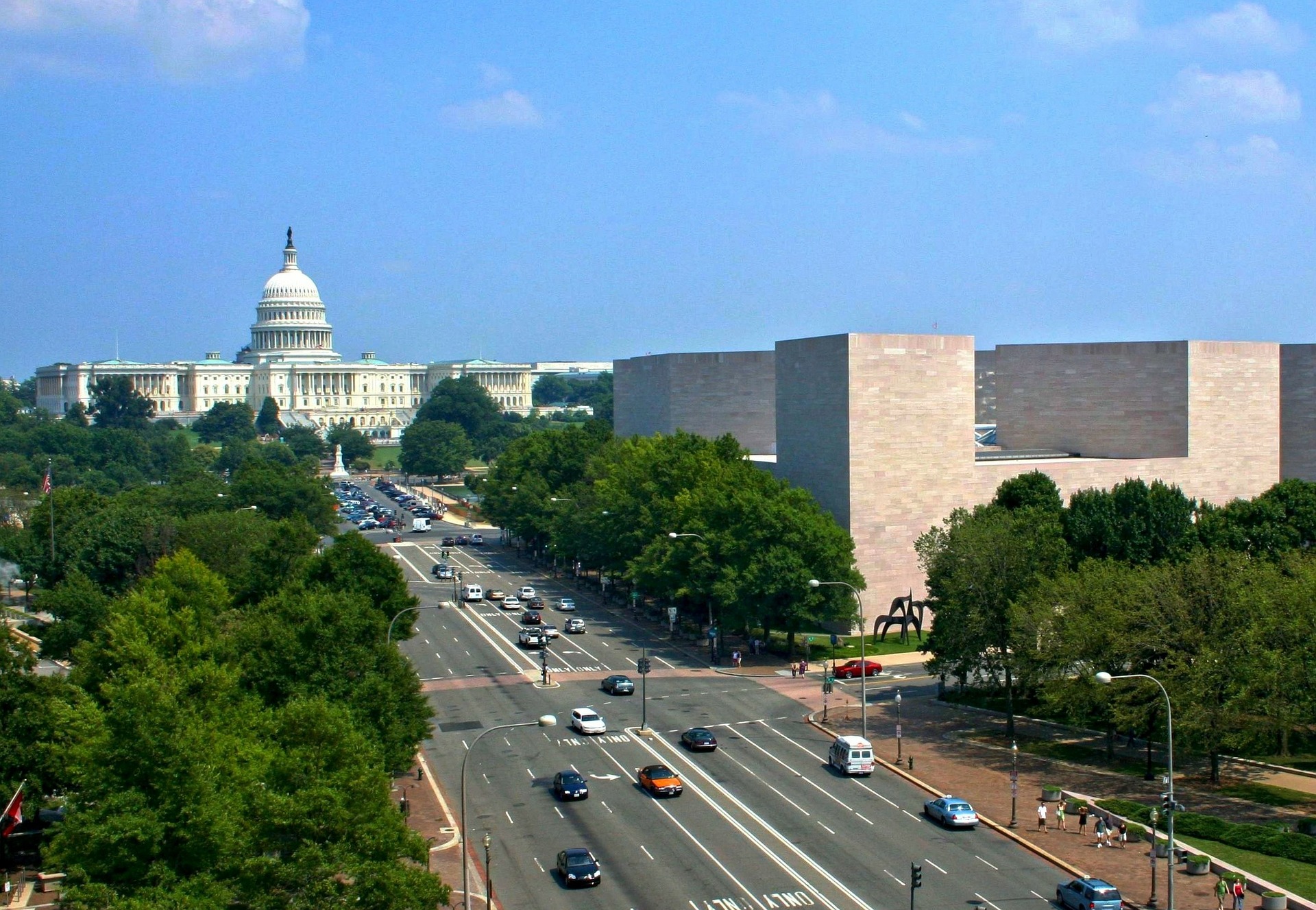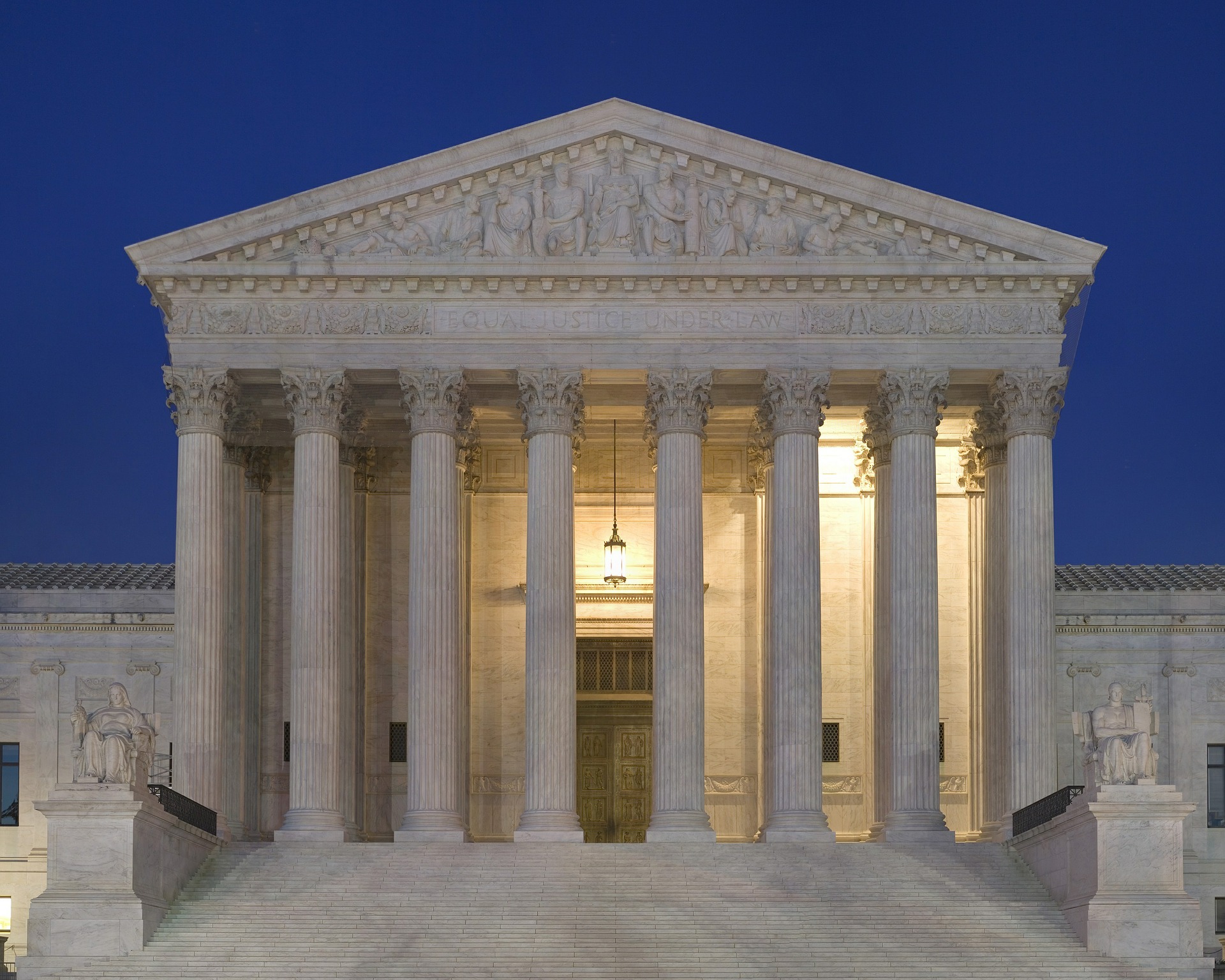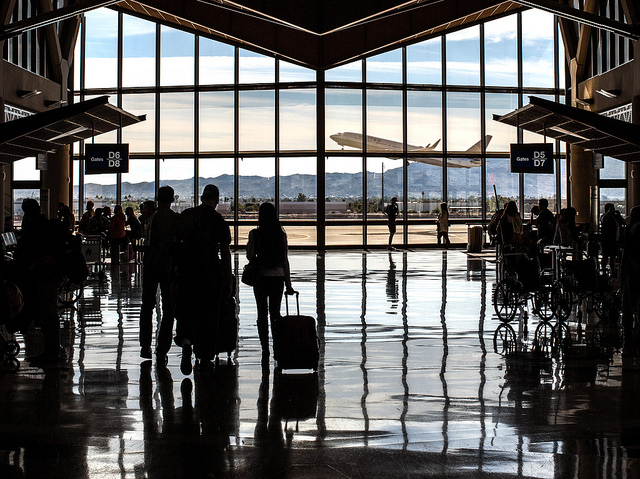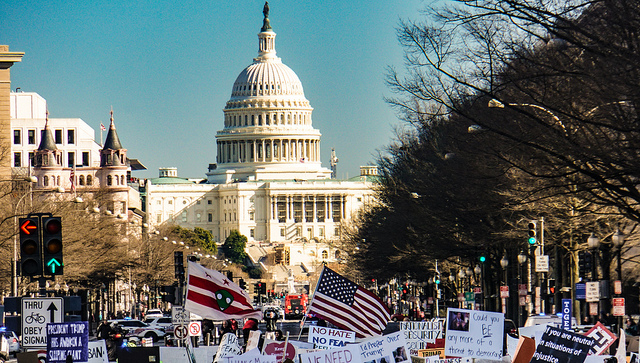Welcome back to Visalawyerblog! In this blog post we discuss the Biden administration’s recent decision to keep refugee admissions at an all-time low, a decision that has angered lawmakers and pro-immigrant advocates alike.
On April 16, 2021, President Biden issued a controversial Presidential directive that aims to keep the refugee admissions ceiling at the same rate as that under the Trump administration. The new Presidential directive states that the administration will maintain the refugee admissions ceiling at 15,000 per fiscal year, with the majority of refugee allocations given to Africa and Latin America and the Caribbean, and the remainder split among East Asia, Europe and Central Asia, Near East and South Asia, and other regions.
The Presidential directive however leaves open the possibility of raising the ceiling if the quota is reached before the end of the fiscal year, at which time the administration would consider raising the admissions rate anew.
In defense of the President’s actions, White House Press Secretary Jen Psaki, said in a statement that President Biden is expected to set a final, increased refugee cap for the remainder of the fiscal year before May 15, 2021.
The President’s actions mark a stunning departure from his campaign agenda, which for the first time ever, has fallen short of undoing harmful actions of the previous administration by continuing to narrow the pool of refugees that may be admitted to the United States.
 Visa Lawyer Blog
Visa Lawyer Blog



